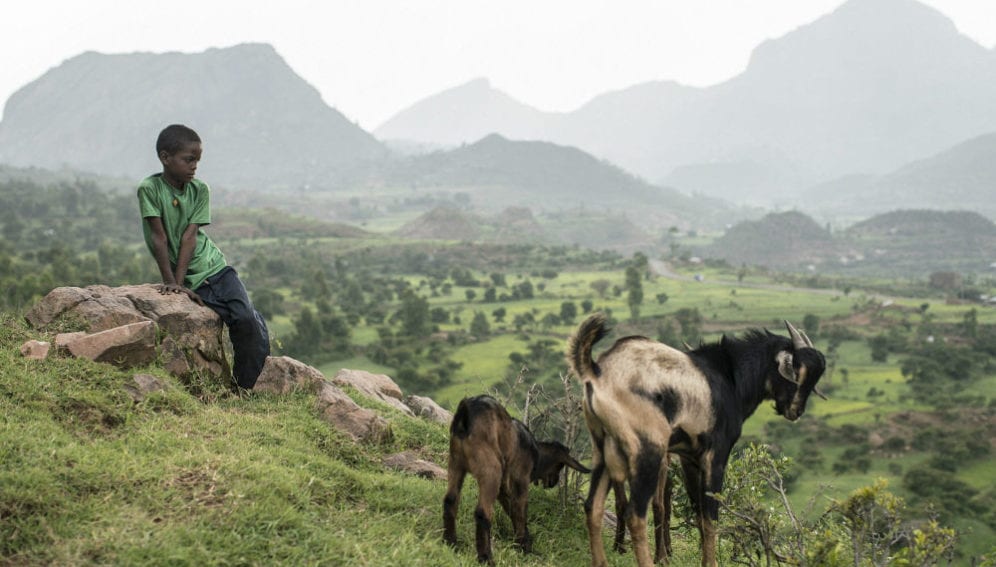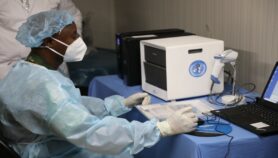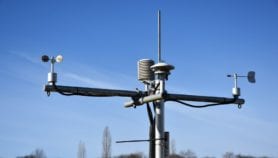By: Gilbert Nakweya
Send to a friend
The details you provide on this page will not be used to send unsolicited email, and will not be sold to a 3rd party. See privacy policy.
[NAIVASHA, KENYA] Smallholders in Sub-Saharan Africa could increase livestock productivity if efforts towards creating reliable data systems, especially on livestock diseases, are strengthened, experts say.
The experts from academic institutions, government and the private sector from Ethiopia, Kenya, Ghana, Australia, Canada and Scotland told a forum in Kenya last month (20-22 February) that the continent’s livestock sector has the potential to transform the lives of smallholders but inadequate, unreliable and unavailable data in some instances is a major challenge in the sector.
For instance, the experts said that the management of livestock diseases such as East Cost Fever requires data to effectively understand the impacts of the disease and its control interventions to prevent economic losses to smallholder farmers.
“Although livestock make up 40 per cent of the total agricultural GDP [gross domestic products] globally, we have given low attention to the sector.”
Jimmy Smith, International Livestock Research Institute
At the forum organised by the Supporting Evidence-Based Interventions (SEBI) project, which is being implemented by the UK-based University of Edinburgh with funding from the Bill and Melinda Gates Foundation, the experts noted that livestock data could boost the adoption of interventions for improving animal nutrition, husbandry, healthcare and genetics, which are important for increasing productivity.
In his keynote address to the forum, Jimmy Smith, the director-general of the International Livestock Research Institute, said that investing in creation of agricultural and livestock data is key to global, big data-driven companies.
Smith said that most countries in Sub-Saharan Africa have scanty or lack real-time data on livestock disease outbreaks, especially in arid and semi-arid areas.
“Although livestock make up 40 per cent of the total agricultural GDP [gross domestic products] globally, we have given low attention to the sector which can help the rural poor,” Smith said.
Karen Smyth, SEBI’s deputy-director, said that addressing challenges in livestock health and productivity needs a better understanding of the available data. “We need to bring together livestock data suppliers and users,” Smyth told SciDev.Net, explaining that it would help develop opportunities to share livestock data and innovations that can help smallholders.
But Musa Mulongo, senior programme officer of the International Development Research Centre, Canada, said that lack of data is not the major problem facing livestock but the capacity of policymakers to use the data available to make decisions.
Mulongo added that the continent needs to increase studies in livestock diseases and the involvement of smallholders in such studies, and cited the mismatch between academic training and entrepreneurship as a problem.
”We need entrepreneurs who can help commercialise new technologies that can help in the collection and processing of livestock data,” explained Mulongo. “We are not harnessing the power of technology [such as drones] to survey and fight livestock diseases.”Mulongo urged policymakers and scientists to increase collaborations and avoid over-reliance on donor-funded projects.
This piece was produced by SciDev.Net’s Sub-Saharan Africa English desk.














